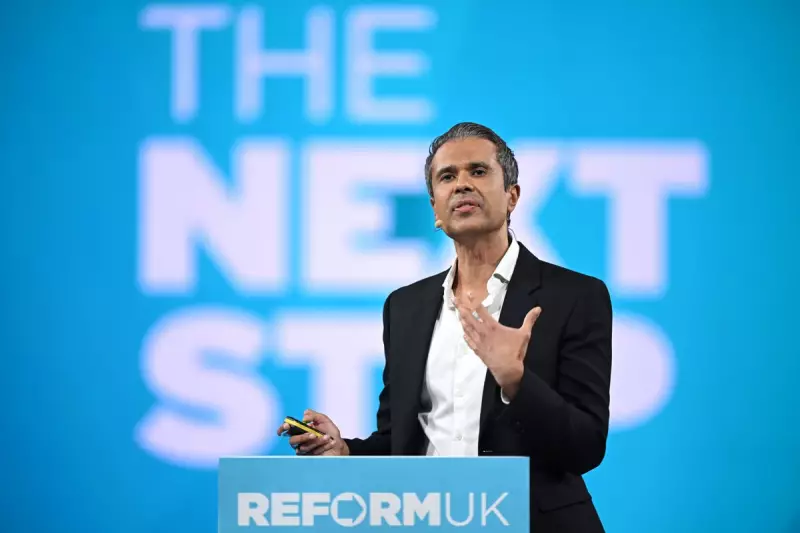
Reform UK leader Richard Tice has ignited a political firestorm with controversial remarks made at the party's inaugural major conference in Leeds, suggesting a potential connection between the Covid-19 vaccine and King Charles III's recent cancer diagnosis.
The comments, delivered to a packed audience, have drawn immediate and fierce condemnation from medical experts and political opponents alike, who have branded them as "dangerous" and "irresponsible" misinformation.
A Contentious Claim
Addressing supporters, Mr Tice posed a provocative question that has sent shockwaves through Westminster. "Why is it that the King and so many other people have developed cancer in the last year? Is it linked to the vaccine? We don't know. We're not allowed to ask the question," he stated, framing his query as a challenge to what he perceives as medical establishment censorship.
This assertion directly contradicts the overwhelming scientific consensus from leading health bodies, including the UK's Medicines and Healthcare products Regulatory Agency (MHRA), which maintains that the benefits of Covid-19 vaccination continue to outweigh any known risks.
Swift and Forceful Backlash
The reaction from the medical community was swift and unequivocal. Leading oncologists and public health figures rushed to debunk the claim, emphasising the complete lack of credible evidence linking mRNA vaccines to increased cancer rates.
Professor Lawrence Young, a renowned virologist at the University of Warwick, called the remarks "deeply unhelpful and scientifically unfounded," adding that they risk undermining public confidence in a vital public health tool.
Political Repercussions and a Defiant Stance
Politicians from across the spectrum were quick to condemn Tice's rhetoric. A spokesperson for the Conservative Party labelled the comments as "reckless," while Labour figures accused Reform UK of peddling harmful conspiracy theories for political gain.
Despite the backlash, Mr Tice remained defiant. In a press briefing following his speech, he doubled down, calling for a more open debate on vaccine safety and criticising what he described as a "establishment narrative." This stance is consistent with Reform UK's broader sceptical positioning on Covid-19 restrictions and interventions.
A Pivotal Moment for Reform UK
The conference in Leeds marks a significant moment for the party as it seeks to establish itself as a formidable force in British politics. However, this controversy threatens to overshadow its policy announcements and define its public image, potentially alienating moderate voters while solidifying its support among those distrustful of official narratives.
As the debate rages on, the incident highlights the ongoing challenge of combating medical misinformation and the potent political divisions that remain in the wake of the pandemic.





